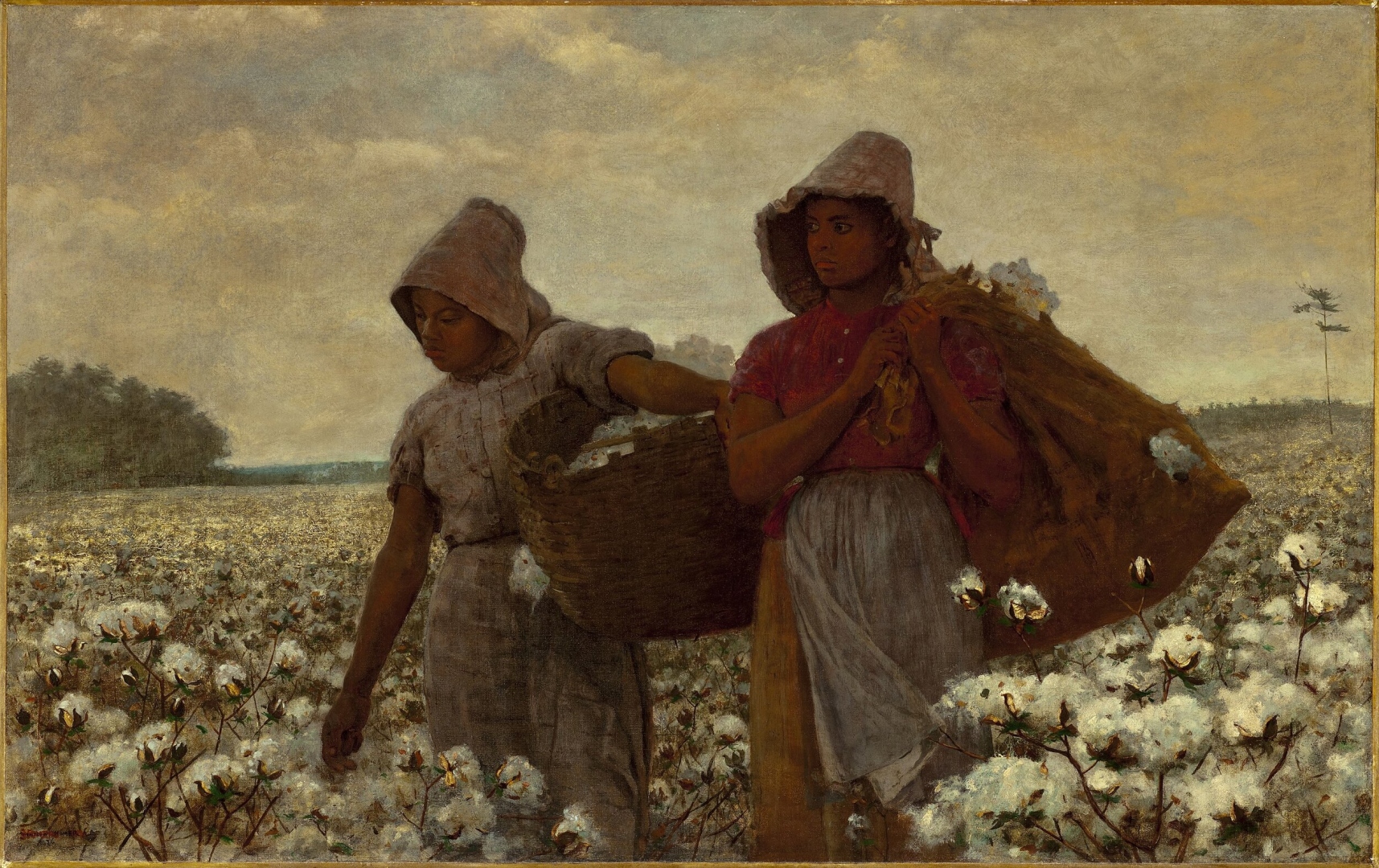
It was in Portugal in the year 2017 that my Professor in Human Resource Management by the name of Doutora Catarina enlightened me about the concept of gender neutrality at the workplace.
She opened up my mind to the pro-feminist movement in a very inclusive manner.
And me being the Indian Advocate, stood firmly upon my beliefs that women and children deserved special treatment under the laws and policies on account of their unique nature.
My reasoning was based on the specificity of Article 15(3) of the Constitution of India. But that understanding was soon to be overturned by my insightful Professor as she explained to me that Female Cotton Pickers in Colonial America were less productive despite the same amount of work that they put in comparison to their male counterparts irrespective of the hours of work.
This was because the women cotton pickers owing to their size and strength could not load up and lift all the day’s cotton picking on their backs, even though they picked the same amount of cotton.
And this was where the male workers were preferred in comparison to the female workers.
It was a simple and rather arbitrary discrimination that led to an institutionalised stigmatisation of women's rights amidst demands for gender equity.
And ever since the entire argument of progressive feminism has been based on equating the opportunities for women at the workplace through effective policy tweaks in the nature of right to equality.
Int'l Women's Day 2023
The campaign theme for International Women's Day 2023 is “Embrace Equity”.
In that, a focus on gender equity would be needed to become part of every society's DNA.
The aim of the campaign theme is to get the world talking about: “Why equal opportunities aren't enough?”
While Equality means each individual or group of people is given the same resources or opportunities, Equity recognises that each person has different circumstances, and allocates the exact resources and opportunities needed to reach an equal outcome.
In political terms:
Equality is one of the foundations of democracy.
Equality is based on the belief that all people should have the same opportunities for a happy life.
Equity is linked to the ideal that success is based on personal efforts and not social status.
However, ongoing conversation highlights whether equality is enough and if instead, we should look towards equity as a better principle to progress society.
Equity acknowledges that people don't begin life in the same place and that circumstances can make it more difficult for people to achieve the same goals.
Genesis of the Feminist Movement
Even though the embryonic feminist movement in Post-Colonial America had little connection with ordinary women cleaning houses in Liverpool or picking cotton in Georgia, it was the voice of a single nonwhite woman heard at the time, that being of Sojourner Truth, a former slave whose life’s ordeal symbolised the distance between the ordinary and the elite.
Her famous “Ain’t I a Woman” speech was delivered in 1851 before the Women’s Rights Convention in Akron, Ohio, but Truth did not dedicate her life to women’s rights.
Instead, she promoted abolitionism and a land-distribution programme for other former slaves.
In the speech, Truth remarked, “That man over there says that women need to be helped into carriages, and lifted over ditches, and to have the best place everywhere.
Nobody ever helps me into carriages, or over mud-puddles, or gives me any best place! And ain’t I a woman?”
Previous roles of women in the agrarian industry
According to Contzen & Forney (2016), historically speaking: “gender is inherent as women are the unpaid and invisible labour force” in the agriculture industry.
Fremstad and Paul (2020) note that, despite the agriculture industry depending on women’s work all along, women continued to be invisible to the academic and social world.
For example, Beach (2013) states that: traditionally, women on farms have been defined in terms of their marital relationship as farmwives instead of in terms of their connections to the land, the farms, or their children as farmers, farm women, or farm mothers (p. 212).
Famous Case Law
Specifically, in Love vs Vislack case which was a woman farmer class action lawsuit.
It was filed in October of 2000 by several farmers who claimed they were discriminated against because of their gender when applying to farm loan programmes.
The case was ruled in favour of the women farmers and consequently, funds of $1.23 to $1.33 billion were set aside for women farmers who were successful in their discrimination claims (USDA, 2011).
In addition, labelling theory is a sociological theory that focuses on social labelling and the impact that it has on individuals.
Annes and colleagues (2020) have discussed how women on French farms were labelled as farm wives by default due to the culture of the French agriculture industry.
‘Equity feminism’
A form of liberal feminism that advocates the state's equal treatment of women and men.
Equity ensures equality between everyone without challenging inequalities perpetuated by employers, educational and religious institutions, and other elements of society.
Book Reference to Equity Feminism
Christina Sommers, explored the topic of equity feminism in her book Who Stole Feminism?
In her book, Sommers has summarised how the aim of equity feminism is to attain economic, educational, and political equality of opportunity.
Sommers claims that feminists are separated into two categories: equity feminists and gender feminists.
She states that the difference between gender feminists and equity feminists is that gender feminists aim to change, or question, traditional gender roles. Whereas equity feminists want equal treatment and rights.